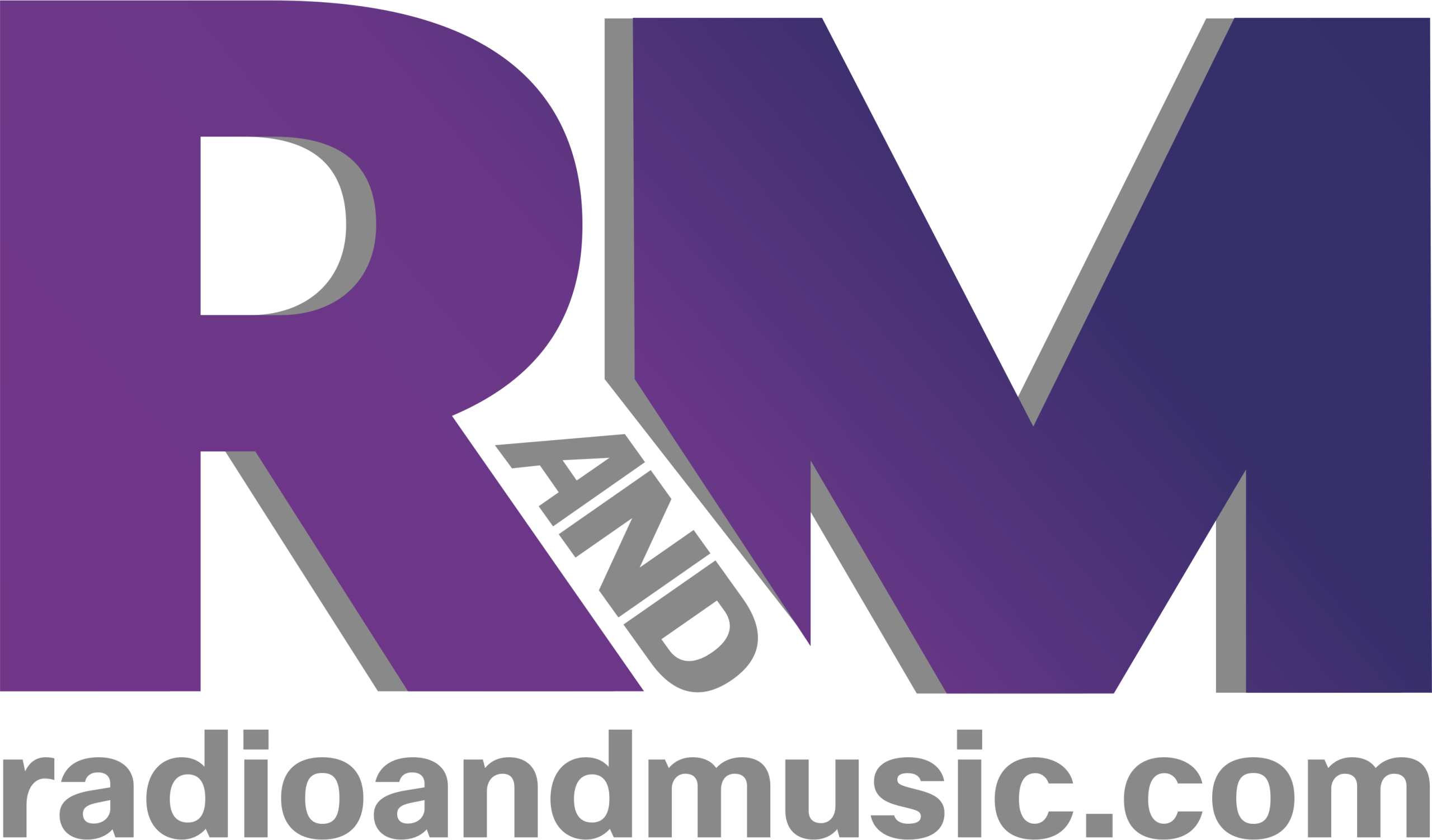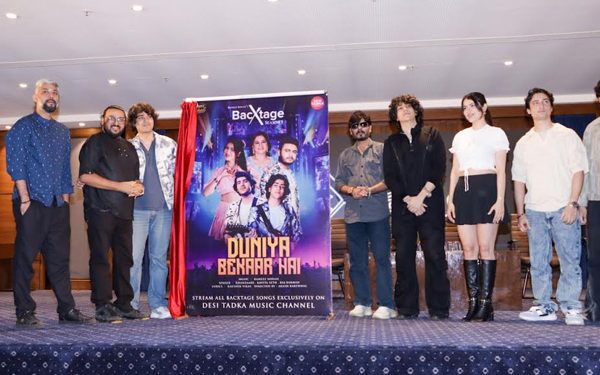MUMBAI: In today’s content-driven world, sound is a surprisingly overlooked yet potent branding asset. The right music can transform a simple product video, cultivate a perfect atmosphere in a store, or establish a unique brand voice on social media. Yet, many small businesses unknowingly break copyright laws by using “free” internet music. The core issue? Traditional music licensing is often seen as too complex, expensive, and out of reach.
This is where micro-licensing is changing the game. It offers small businesses an accessible, affordable, and fully legal way to harness the incredible power of music. It’s time for small businesses to leverage sound strategically and legally to elevate their brand.
The Financial Advantage of Micro-Licensing to Artists and Brands
Traditional music licensing can be exceptionally expensive, with record companies often demanding Rs5 lakh to Rs20 lakh for a single song. In stark contrast, micro-licensing offers flexible pricing models, letting companies license music based on specific variables like volume, usage, and distribution, all on a per-track basis.
This level of granularity empowers marketers to make strategic, data-driven music choices that fit their budgets. It’s not just about saving money; it’s about achieving accuracy, value, and direct relevance to campaign objectives.
Micro-licensing also generates quantifiable day-to-day ROI
Customized micro-licensing solutions empower businesses to use the perfect music for any need: uplifting tracks for Instagram Reels, relaxing tunes for brand videos, or high-energy beats for performance marketing—all within budget and usage guidelines. This precise alignment of sound to platform and purpose significantly boosts engagement, brand recall, and consistency. For marketers, it means maximizing return on every rupee invested while enriching the customer experience through intentional sound branding.
The threat of copyright violation is actual and could be expensive.
Today, copyright infringement poses a significant and costly risk for businesses. A recent example is Sony Music’s Rs5 crore lawsuit against Myntra in the Bombay High Court, vividly illustrating the steep price of unauthorized music use.
Proper licensing isn’t just an option anymore; it’s essential to prevent legal complications and financial losses. Micro-licensing ensures strict adherence to intellectual property laws, allowing small brands to grow with confidence, free from the worry of expensive litigation.
Both businesses and creators can take advantage of micro-licensing.
Micro-licensing is far more than just a business opportunity; it’s crucial for balancing remuneration within the music industry. All too often, independent musicians’ work is used without compensation, and many remain excluded from established royalty payment systems. Micro-licensing changes this by giving creators direct, legal access to the music they need, while simultaneously ensuring artists are properly acknowledged and paid.
In India, a staggering volume of branded content is created monthly: over a million pieces by more than 80,000 brands and 550,000 content creators. Shockingly, 87% of this content infringes music copyrights, leading to an estimated Rs8,000–10,000 crore in lost annual revenue for the industry, with artists missing out on nearly Rs900 crore in rightful royalties.
Micro-licensing offers a scalable solution to safeguard artists, foster accountability, and build a more equitable creative economy.
Micro-licensing’s Primary Advantage: Unlocking Creative Freedom
Businesses can discover their unique sonic identity through micro-licensing. Imagine a local bakery choosing warm, low-fidelity “cooking music,” or a small yoga studio licensing trance sounds to enrich its mindfulness content. This genre-specific, emotionally resonant selection elevates storytelling, making brand content more authentic and memorable.
A second, highly appealing benefit for small and medium-sized businesses is micro-licensing’s adaptability. Licenses can be precisely tailored by platform, length, and content type. A local gym, for instance, can get lively music for its social media ads, while a neighborhood cafe can find upbeat tunes for its frequent Instagram Stories. This flexible, pay-as-you-go model ensures businesses only pay for what they truly need, perfectly aligning with the budget-friendly, efficient approach vital to India’s SME sector.
Beyond its core function, micro-licensing is also a pivotal force in fostering a more balanced creator economy in India. The Indian music market, valued at an estimated Rs14,000 crore in 2024, contributes nearly 6.5% to the entire Indian Media & Entertainment industry. Significantly, music publishing revenue has seen robust growth, projected to hit Rs1,150 crore in FY 2024–25—a threefold increase in just four years.
However, most independent artists still struggle with monetization. Micro-licensing offers an easy-to-implement solution: it provides independent artists with a reliable revenue stream and empowers small and medium enterprises to legally use original music. This not only boosts creator visibility but also establishes a stronger foundation for a more sustainable and equitable music ecosystem across India.
Conclusion
In today’s hyper-competitive digital landscape, where every moment of attention is crucial, sound is a strategic imperative, not just an artistic flourish. Music has the power to elevate a story, deepen emotional resonance, and create an indelible impression in a crowded market.
For India’s expanding universe of small creators and entrepreneurs, micro-licensing makes this capability accessible—legally, affordably, and ethically. It transforms music from a potential liability into a valuable brand asset, shifting it from an afterthought to a powerful growth driver.
By embracing micro-licensing, companies not only safeguard themselves from costly errors but also actively contribute to building a fairer, more thriving music economy. In an era where authenticity, compliance, and creative impact are keys to success, micro-licensing isn’t just the smarter choice—it’s the sound of the future of business.
(Authored Article written by Gaurav Dagaonkar, Co-Founder & CEO, Hoopr)













